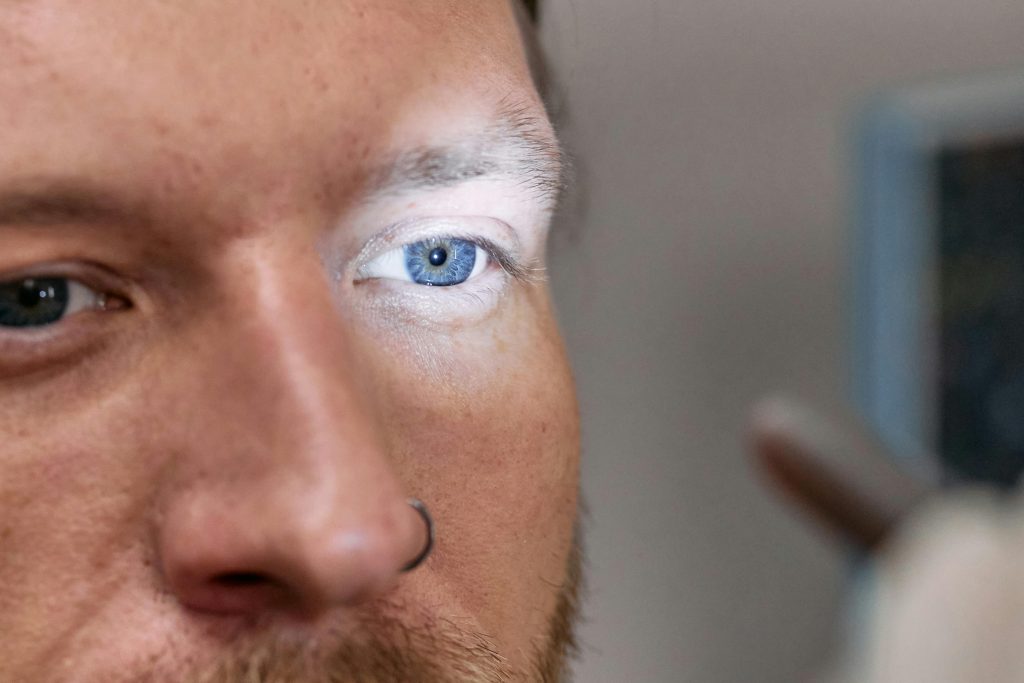When it comes to protecting your vision and maintaining healthy eyes, choosing the right eye doctor in Dubai is a decision that should not be taken lightly. With Dubai being home to world-class clinics and highly skilled specialists, residents and expats have access to some of the best eye care services in the region. This guide will walk you through why visiting an eye doctor is so important, the different types of eye specialists available, the treatments they provide, and practical tips on how to choose the right one for your needs.
Why Visiting an Eye Doctor in Dubai is Important
Regular eye care is more than just ensuring you have clear vision—it’s also about protecting your overall health. Eye doctors are trained to diagnose and treat conditions that may affect not only your eyes but also indicate underlying medical problems.
Common Vision and Eye Health Issues
Many people in Dubai face issues such as:
- Short-sightedness (myopia)
- Long-sightedness (hyperopia)
- Astigmatism
- Dry eyes (common due to the region’s climate)
- Glaucoma and cataracts
Catching these conditions early can prevent further complications.
Early Detection and Preventive Care
Routine eye check-ups allow doctors to detect diseases such as diabetes, hypertension, or high cholesterol, which often show early signs in the eyes. Preventive care also reduces the chances of permanent vision loss.
How Regular Eye Check-Ups Improve Long-Term Health
- Ensure accurate prescriptions for glasses or contact lenses
- Monitor age-related conditions like macular degeneration
- Provide reassurance through early diagnosis and treatment
Types of Eye Doctors in Dubai You Can Consult
When searching for an eye specialist, it’s important to understand the different roles within eye care.
Ophthalmologists vs. Optometrists – Key Differences
- Ophthalmologists: Medical doctors who diagnose and treat eye diseases, perform surgeries, and manage advanced conditions.
- Optometrists: Professionals who primarily conduct eye exams, prescribe corrective lenses, and detect common eye issues.
Retina Specialists and Their Role in Advanced Care
For patients with diabetes-related eye conditions or retinal detachment, a retina specialist offers advanced diagnostic tools and treatment options.
Pediatric Eye Doctors for Children’s Eye Health
Children require dedicated care, and paediatric ophthalmologists specialise in conditions like lazy eye (amblyopia), squints, and childhood refractive errors.
Treatments and Services Offered by Eye Doctors in Dubai
Eye doctors in Dubai provide a wide range of treatments to suit patients of all ages.
Comprehensive Eye Examinations
A standard eye exam typically includes:
- Vision testing
- Refraction assessment for glasses/contact lenses
- Eye pressure checks
- Examination of the retina and optic nerve
Corrective Treatments – Glasses, Contact Lenses, and LASIK
- Prescription glasses and contact lenses for everyday vision correction
- LASIK and other laser eye surgeries for permanent correction of refractive errors
Advanced Surgical Options
Some eye doctors specialise in complex surgical procedures such as:
- Cataract surgery – replacing the cloudy lens with a clear artificial lens
- Retina surgery – treating retinal detachment or diabetic retinopathy
- Corneal transplants – for patients with corneal damage
- Eyelid surgery – correcting drooping eyelids that affect vision
How to Choose the Best Eye Doctor in Dubai
With so many options available, selecting the right eye specialist requires careful consideration.
Qualifications and Certifications to Look For
Check if the doctor is licensed with the Dubai Health Authority (DHA) and has additional certifications from recognised medical boards.
Experience with Specific Eye Conditions
If you have a known condition like glaucoma, macular degeneration, or diabetes-related eye issues, it’s best to choose a doctor with experience in that area.
Clinic Facilities, Technology, and Patient Reviews
Modern eye clinics in Dubai use advanced diagnostic machines, ensuring accuracy and precision in treatment. Patient reviews can also provide insight into the quality of care and doctor–patient interaction.
FAQs About Eye Doctors in Dubai
How often should I see an eye doctor?
Adults should have a check-up at least once every two years. Children, seniors, and patients with existing conditions may need more frequent visits.
What is the average consultation cost in Dubai?
Consultation fees typically range between AED 200 and AED 600, depending on the clinic and the doctor’s expertise.
Do insurance plans cover eye treatments in Dubai?
Many health insurance plans in Dubai cover routine eye check-ups and treatments. However, surgical procedures such as LASIK may not always be included.
Final Thoughts
Visiting an eye doctor in Dubai is not just about correcting vision—it’s about ensuring long-term eye and overall health. Whether you need routine eye care, advanced treatments, or paediatric services, Dubai offers some of the most qualified specialists and well-equipped clinics. By considering qualifications, experience, and patient feedback, you can make an informed decision and protect your eyesight for years to come.







